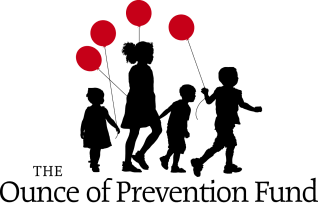
After learning about these studies, it was clear that there is some hope for all children to have a chance at a happy life.
We aim to empower parents to make their own decision to become a better parent, increasing their empathy and investment in their children.
As a result, the next generation will have healthier social interactions! Ultimately this should lead to increased graduation rates, decreased crime, decreased poverty, and a happier society.

This photo essay by Brenda Ann Kenneally documents the life of Donny, and 8-year-old living in North Troy, NY, as he and his young mother struggle with emotional and behaviorial disabillities. The story is incredibly moving and is a must-see.


Parenting coaching has been proven to be very effective in improving parental attachment. One successful program is run by The Ounce of Prevention Fund. This group reaches out to at-risk teen parents in Chicago, and provides coaching from -3 months to 18 months. While effective, coaching requires significant resources, and is not scalable to all parents who need it.
Countless parenting books are available, but all of them require that the parent seek out the book, and want to improve their parenting. They also don't provide feedback to parents, which is essential for changing behavior.
For parents who are trying to decipher their child's cries, an application is available for purchase that claims to tell you with 96% accuracy why your baby is crying. Other apps offer advice, but they require the parent to want to use them.

Programs such as Head Start offer early childhood education to low income families, but the program does not cover everybody. Research also shows that preschool may be too late—the most impact can be made in the first two years of a child's life.
Most of these resources cost money, something that is lacking for many of the parents and children who need help most. Additionally, the inexpensive methods do not provide feedback to parents and encourage them to continue to nurture their relationship with their child. Our ideal solution will ultimately provide feedback and at no cost to the user.